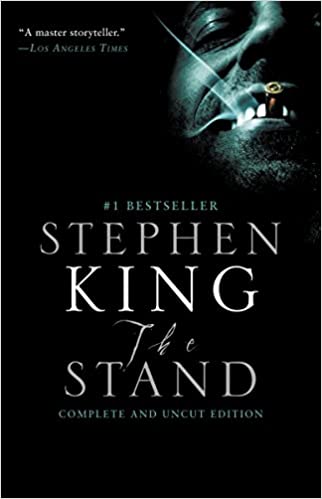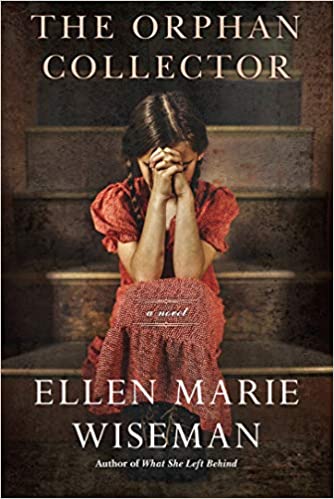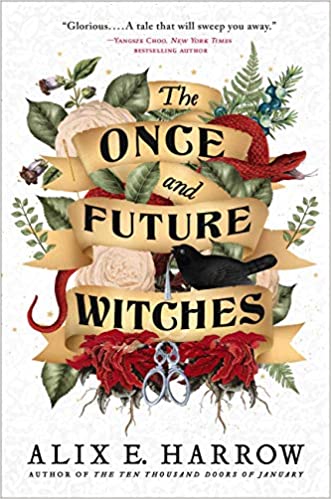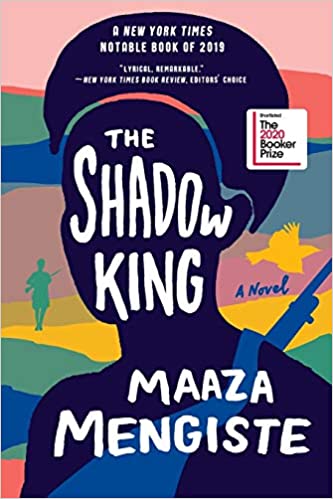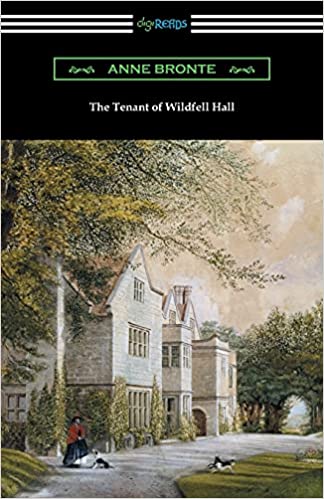The Stand, Stephen King
Stephen King’s apocalyptic vision of a world blasted by plague and tangled in an elemental struggle between good and evil remains as riveting—eerily plausible—as when it was first published.
The Orphan Collector: A Heroic Novel of Survival During the 1918 Influenza Pandemic, Ellen Marie Wiseman
A gripping and powerful tale of upheaval—a heartbreaking saga of resilience and hope, set in Philadelphia during the 1918 Spanish Flu outbreak—the deadly pandemic that went on to infect one-third of the world’s population
The Once and Future Witches, Alix E. Harrow
An homage to the indomitable power and persistence of women, The Once and Future Witches reimagines stories of revolution, motherhood, and women’s suffrage—the lost ways are calling.
The Shadow King, Maaza Mengiste
Set during Mussolini’s 1935 invasion of Ethiopia, The Shadow King takes us back to the first real conflict of World War II, casting light on the women soldiers who were left out of the historical record. At its heart is orphaned maid Hirut, who finds herself tumbling into a new world of thefts and violations, of betrayals and overwhelming rage. What follows is a heartrending and unputdownable exploration of what it means to be a woman at war.
The Tenant of Wildfell Hall, Anne Bronte
Originally published in 1848, “The Tenant of Wildfell Hall” is the second and final novel written by Anne Bronte. Considered one of the first feminist novels, it was both instantly successful and highly controversial. A classic of the Victorian era as well as a feminist tale far ahead of its time, “The Tenant of Wildfell Hall” is a must read for fans of the Bronte sisters.
North and South, Elizabeth Gaskell
When her father leaves the Church in a crisis of conscience, Margaret Hale is uprooted from her comfortable home in Hampshire to move with her family to the north of England. Initially repulsed by the ugliness of her new surroundings in the industrial town of Milton, Margaret becomes aware of the poverty and suffering of the local mill workers and develops a passionate sense of social justice. This is intensified by her tempestuous relationship with the mill-owner and self-made man, John Thornton, as their fierce opposition over his treatment of his employees masks a deeper attraction. In North and South, Elizabeth Gaskell skillfully fuses individual feeling with social concern, and in Margaret Hale creates one of the most original heroines of Victorian literature.
The Mountains Sing, Nguyễn Phan Quế Mai
The Mountains Sing tells an enveloping, multigenerational tale of the Trần family, set against the backdrop of the Việt Nam War. Trần Diệu Lan, who was born in 1920, was forced to flee her family farm with her six children during the Land Reform as the Communist government rose in the North. Years later in Hà Nội, her young granddaughter, Hương, comes of age as her parents and uncles head off down the Hồ Chí Minh Trail to fight in a conflict that tore apart not just her beloved country, but also her family. Vivid, gripping, and steeped in the language and traditions of Việt Nam, The Mountains Sing brings to life the human costs of this conflict from the point of view of the Vietnamese people themselves, while showing us the true power of kindness and hope.
Not Without Laughter, Langston Hughes
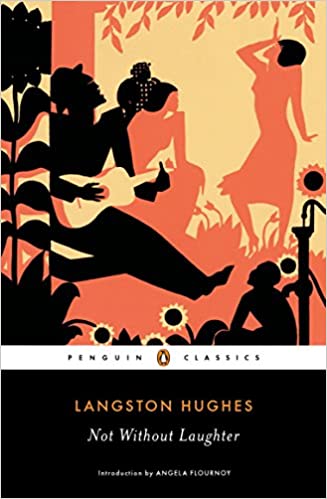
When first published in 1930, Not Without Laughter established Langston Hughes as not only a brilliant poet and leading light of the Harlem Renaissance but also a gifted novelist. Hughes gives the longings and lineaments of black life in the early twentieth century an important place in the history of racially divided America.
Dawn, Octavia Butler

One woman is called upon to rebuild the future of humankind after a nuclear war, in this revelatory post-apocalyptic tale from the award-winning author of Parable of the Sower. Hopeful and thought-provoking, this post-apocalyptic narrative deftly explores gender and race through the eyes of characters struggling to adapt during a pivotal time of crisis and change.

